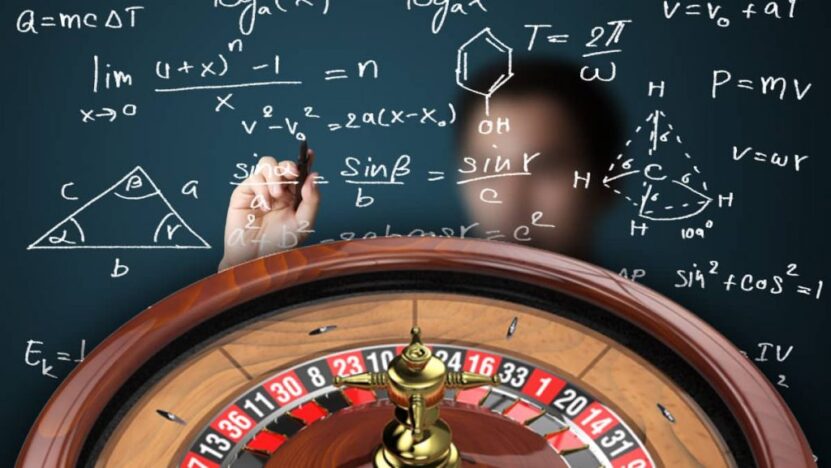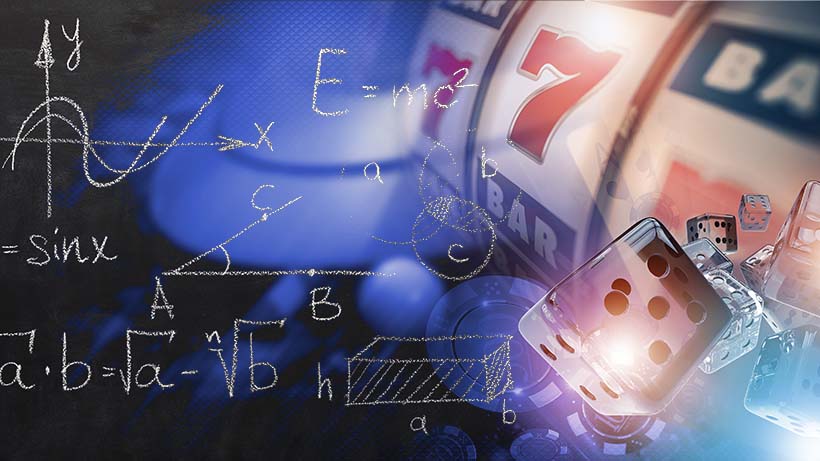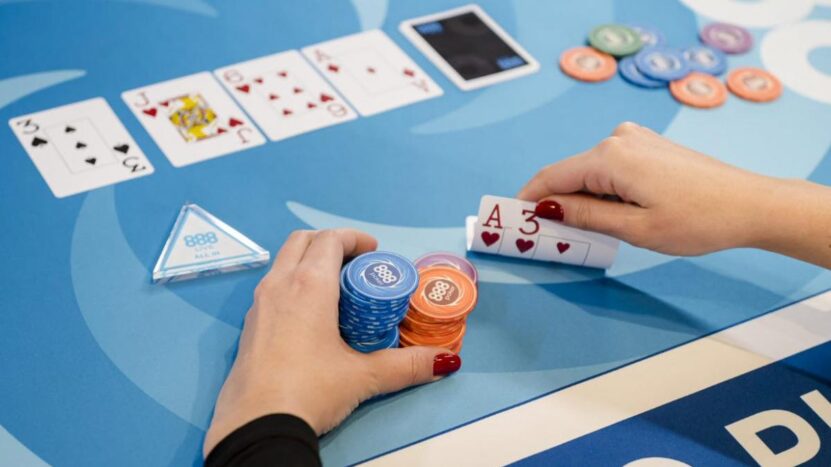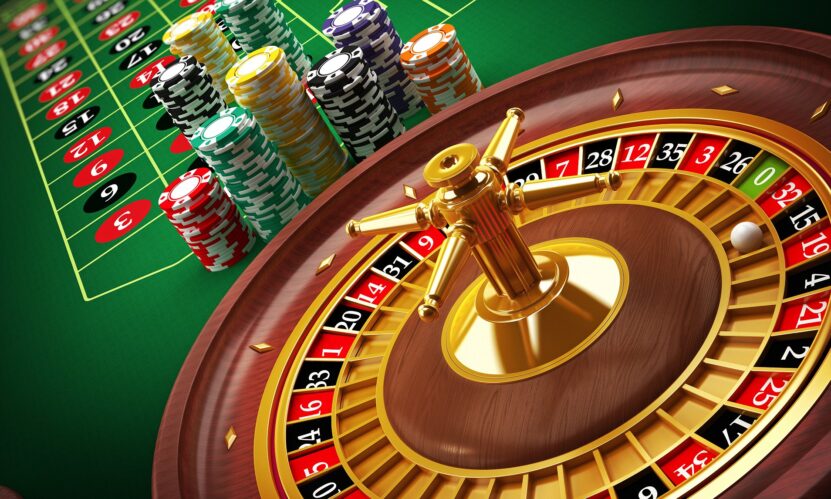Online casinos have become a popular form of entertainment, and the software that powers these platforms is based on intricate mathematics. At the core of this math is probability. Understanding the role of probability in online gambling is crucial for both the player aiming to make some winnings and the casinos that want to offer a fair, yet profitable, experience. The better you grasp the concept of probability, the more informed decisions you can make when you place your bets, or when you design a game if you’re on the business side of things.
What Is Probability?

Probability is a field in mathematics that deals with measuring how likely it is for a specific event to occur. Think about tossing a coin: there are two possible outcomes—heads or tails. The chance of getting heads is 1 in 2, or 50%. In simpler terms, probability provides a way to quantify uncertainty. It gives you the means to predict the likelihood of various outcomes based on a set of conditions. So whether you’re rolling dice, drawing cards, or spinning a roulette wheel, probability helps to forecast what could happen, guiding both players and game designers in what to expect.
The Role of Probability in Online Casinos
Probability doesn’t just sit in the background; it actively governs every game you play in an online casino. For players, understanding probability can shed light on your chances of winning at different games. For the casino operators, probability plays a significant role in designing the rules and payouts for each game to ensure that they will make a small but consistent profit over the long term. Overall, the effective use of probability ensures that games are not only exciting but also fair, maintaining a balanced advantage for the casino without cheating the player.
Random Number Generators (RNGs)
Random Number Generators, commonly known as RNGs, are the mechanisms that ensure every game you play online is fair and unpredictable. These algorithms generate random numbers that determine game outcomes, from the shuffle of a deck in online poker to the spin of the slot machine reels. RNGs go through rigorous testing to make sure they are truly random and unbiased. Because these generators are so crucial to fair play, they undergo strict regulatory scrutiny. So, when you play at a reputable online casino, you can be assured that the use of RNGs means you’re getting a fair shake.
The Probability of Winning

Different casino games offer different odds, influenced by their rules and structure. For instance, the game of Blackjack has a much lower house edge compared to slot machines, giving skilled players better odds of winning. Games like slots are purely luck-based, with various combinations and probabilities programmed into the software. No deposit bonuses can sometimes skew these probabilities slightly in favor of the player, but over the long term, the house usually wins.
House Edge
The house edge is a term you’ll hear often in gambling circles. It’s the built-in advantage that the casino has over the player in any given game, expressed as a percentage. For instance, if a game has a house edge of 2%, it means the casino expects to win 2% of all bets placed over the long run. This edge is a direct application of probability and is calculated to ensure that the casino remains profitable. While individual players can and do win in the short term, the house edge ensures that the casino will make money over a larger number of games.
Strategies and Probability
While many casino games rely heavily on luck, understanding probability can still improve your chances. For example, in Blackjack, basic strategy can help you make the best decision based on the cards dealt. In poker, knowing the probability of getting certain hands can inform whether you should fold, call, or raise. It’s all about making the most informed decisions you can, and probability serves as a valuable guide in that respect.
Variance and Probability

Variance refers to the level of unpredictability in game outcomes. High variance means outcomes can vary widely, which can either result in big wins or extended losses. Low variance offers more consistent but smaller wins. Variance is a statistical measure that’s closely tied to probability. While the house edge tells you what to expect in the long run, variance gives you an idea of the ups and downs you might experience in the short term.
Fair Play and Regulations
Regulations are in place to make sure that online casinos operate fairly and transparently. Authorities require casinos to use certified RNGs and offer games with clearly stated probabilities. This ensures that players have a fair chance of winning, within the bounds of the house edge. Licensed and regulated casinos are audited regularly to make sure they comply with these standards, offering players an added layer of protection.
Simulations and Probability
Before a game reaches the public, software developers run millions of simulations to ensure that the probabilities are as they should be. These simulations help fine-tune the game mechanics and confirm that the RNGs are working as expected. They help validate that the game follows the planned probability and pays out as intended, maintaining a balance between player satisfaction and casino profitability.
Responsible Gambling and Probability

Knowing probability doesn’t guarantee wins, but it does promote responsible gambling. When you understand your odds, you can make better decisions about when to bet, how much to bet, and when to walk away. It’s a tool that can help you gamble more responsibly by aligning your expectations with reality.
Conclusion
Probability is the cornerstone of online casino software, affecting everything from game design to payouts. Players who understand this concept can make informed bets, while casinos use it to ensure fair play and profitability. Regardless of whether you’re playing for fun or aiming for big wins, approaching online gambling with a solid understanding of probability can only be beneficial.

